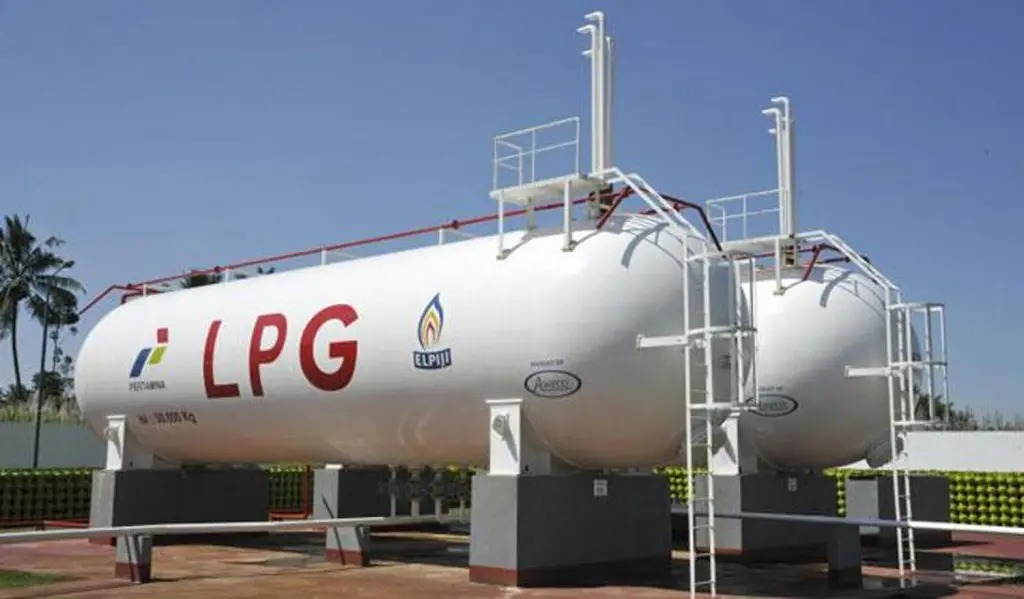As Uganda’s oil and gas sector moves closer to commercial production, the ten-year journey of the Uganda National Oil Company (UNOC) offers important lessons for building strong national institutions in resource management.
Institutional Capacity as a Cornerstone
Established under the 2013 Petroleum Acts, UNOC’s role has been to manage Uganda’s commercial interests in petroleum and ensure the sector delivers long-term value for the country. In its first decade, UNOC has demonstrated the impact of sustained capacity building, growing from a single employee to over 200 skilled professionals, and expanding operational presence into Kenya.
For IEC Uganda, this journey reinforces the importance of institutional readiness as the sector evolves. Strong governance structures, well-defined mandates, and a clear vision remain essential to maximising the benefits of oil and gas resources.
Strategic Infrastructure for Regional Competitiveness
UNOC’s leadership in projects such as the East African Crude Oil Pipeline, Jinja Storage Terminal, and Kampala Storage Terminal highlights how infrastructure investments can shape regional energy trade. These facilities will not only enhance domestic energy security but also position Uganda as a competitive energy hub within East Africa.
For industry players, these developments underscore the value of aligning national priorities with regional opportunities, ensuring projects are designed to integrate into broader economic goals.
Lessons for the Next Phase
The past decade shows that deliberate planning, investment in skills, and strategic partnerships can transform a new institution into a sector leader. As Uganda approaches first oil, stakeholders have a chance to build on this foundation, ensuring that petroleum revenues translate into sustainable national development.
IEC Uganda remains committed to facilitating industry dialogue, sharing best practices, and tracking progress as the sector enters this next chapter.


